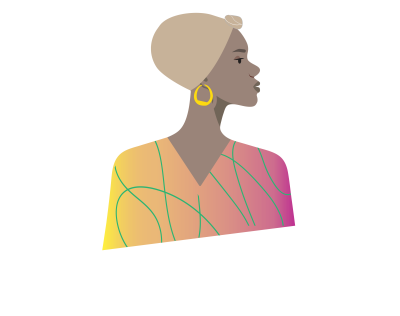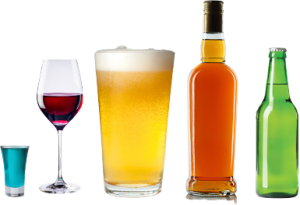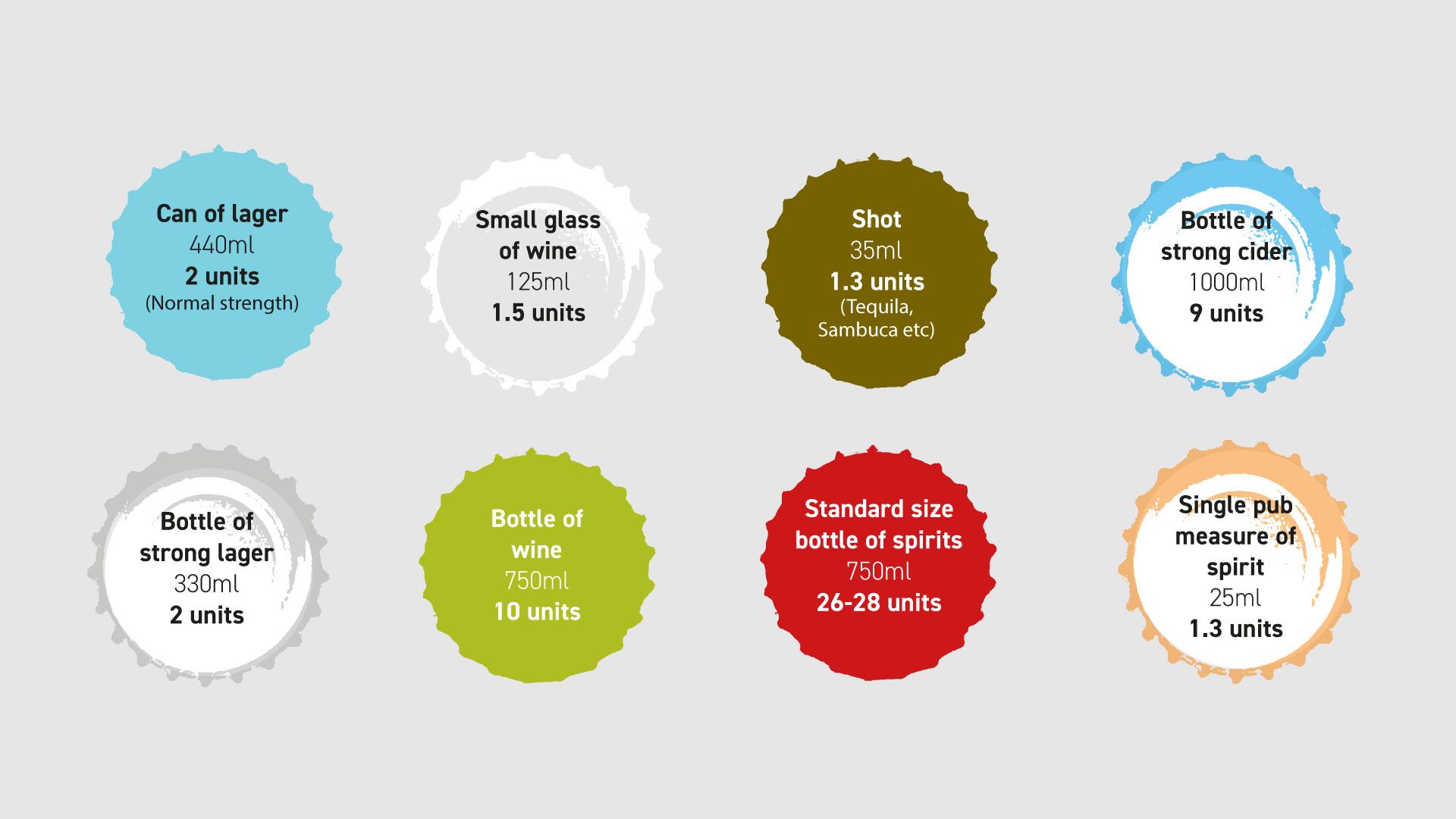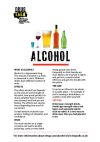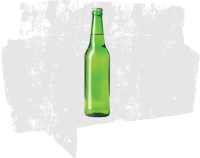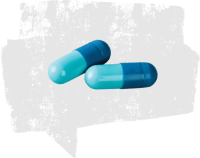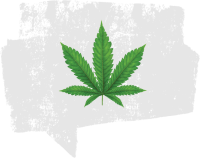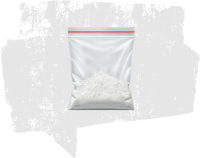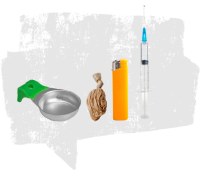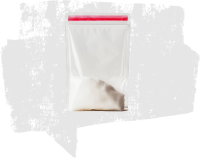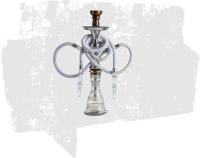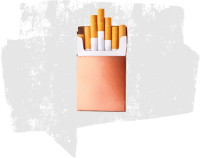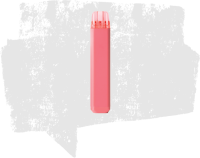What is alcohol?
Alcohol is a depressant drug consisting mainly of water and ethanol, produced by the fermentation of fruits, vegetables or grain.
Alcohol use among young adults has fallen over the last twenty years in England. The reasons include changing social, cultural and religious attitudes towards alcohol and socialising.
What are the effects of alcohol?
A small amount of alcohol can produce feelings of relaxation and confidence.
Alcohol is absorbed into the bloodstream and starts to have an effect within 5 - 10 minutes.
The effect alcohol has depends on the amount and strength of the drink, how quickly it is drunk, whether there is food in the stomach and the mood of the drinker. The effects last several hours, depending on how much is consumed.
What are units?
The amount of alcohol in a drink is measured in units. Different drinks have different number of units. The number of units in a bottle or a can of alcohol is printed on the label or packaging.
Units are a simple way of explaining the quantity of alcohol in a drink. The number of units in a drink is based on the size of the drink as well as its alcohol strength. For example, some cans of superstrength lager contain 4 units of alcohol, whereas the same amount of standard lager contains 2 units of alcohol.

Want to know what's in your drinks?
The Drinkaware Unit and Calorie Calculator will work out the number of alcohol units and calories you consumed.
Information available in over 100 languages
Drug Talk provides accessible drug and alcohol information for people from ethnic backgrounds living in Wirral.
Click the button at the bottom of the screen to read or listen in your preferred language.

